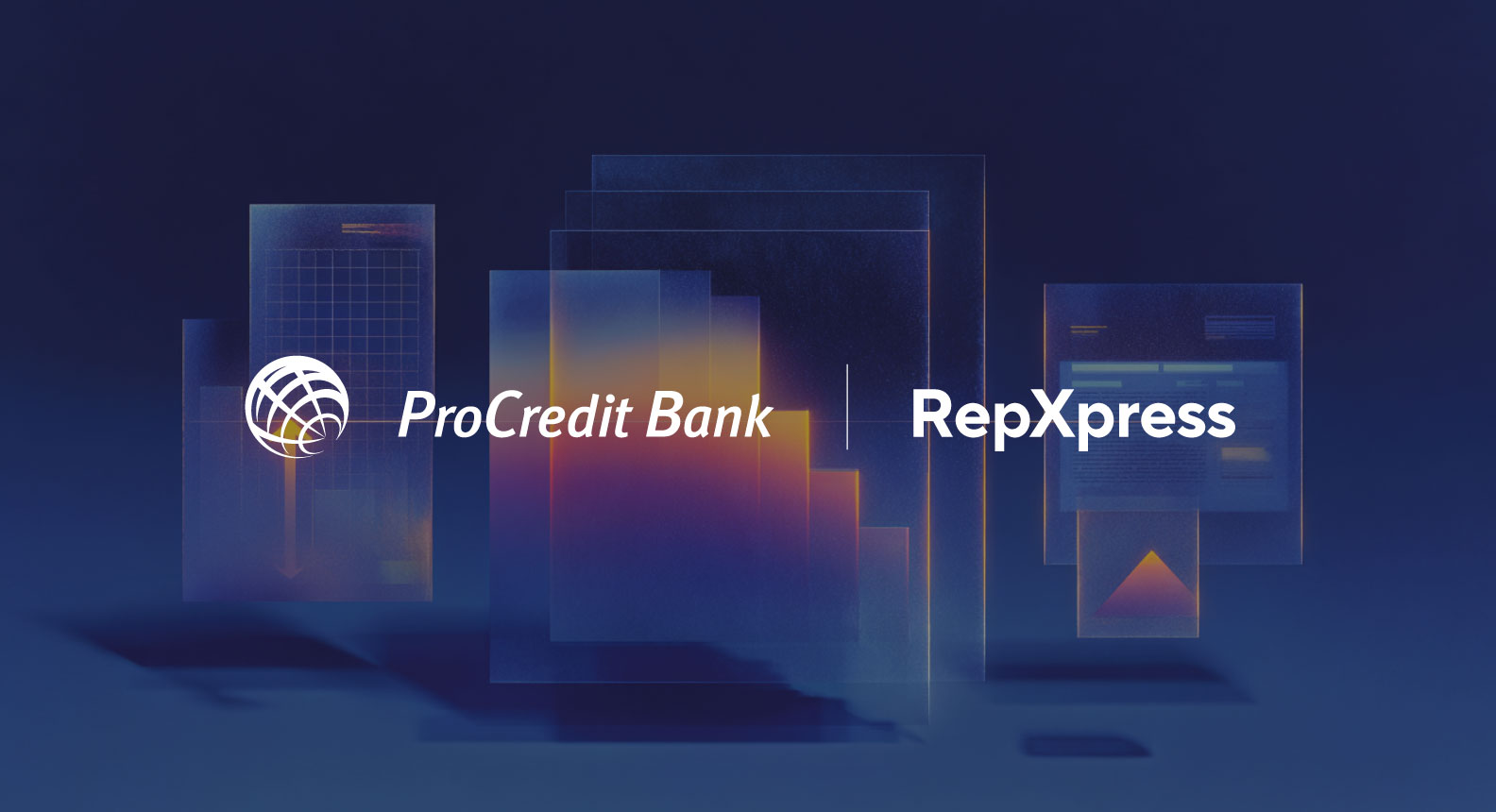Becoming future-ready means improving an organization’s capabilities to be competitive against current and future competition. With the future unknown, the ability to be future-ready implies an organization has made the adjustments needed to respond to the vast majority of potential future scenarios that may occur.
More than ever before, being future-ready means that there has been a significant investment in data and analytics that will drive the innovation and digital transformation processes. Momchill Zarev, CCO at Sirma Solutions, shares his vision of the best strategy for successful digital transformation in banks.

How does the COVID-19 pandemic change financial services?
In the last two years, the business development strategies of almost all industries have undertaken dramatic changes. Despite the adverse effects of the pandemic, we have witnessed a fast transition from communication in a real environment to proactive communication in the virtual world. Financial institutions have reduced the number of their branches as points of sales and have changed the nature of customer service. In retail, brands have focused on accelerating their digital presence and e-commerce. This affected both trade and money exchange.
As a result, there is a demand for easy and secure access to digital financial products, instant payments to ensure immediately available funds, and fast and quality digital service for individual customers and businesses.
In order to address those business needs, Sirma offers ready-to-use solutions to all players in the fintech and financial services. For instance, chatbots are not a novel service by themselves; however, implementing technologies like natural language processing (NLP), makes them state-of-art solutions.
On the other hand, the adoption of instant payments is a result of the contemporary banks’ regulatory and compliance framework. Therefore, a comprehensive understanding of the gaps and needs of the banking industry from the fintech community enables the development of digital financial products and services, accelerating the digital transformation process. We help businesses implement the right solution, offering them to work with our highly qualified experts: business analysts and software developers who can help banks implement the required solution in alignment with the suitable methodology.
You mentioned chatbots as an advanced software solution. How can they improve digital banking?
The pandemic has forced banks to promote the use of digital channels for sales and customer service. However, the communication channel has many limitations because digital financial products are more complex and time-consuming in terms of communication. Consumers need clear, accurate, and detailed information; they need guidance in their customer journey when choosing a banking product or using a service. The chatbot is the connecting link of the digital banking channel for communication with the client.
Last year, Sirma launched its innovative concept for the modern chatbot on the Bulgarian market through the conversational AI Melinda. The chatbot uses the most advanced technologies as NLP and Natural Language Understanding (NLU). This approach allows the chatbot to mimic and analyze human actions and then perform specific procedures. Melinda takes on the role of a “front office employee” who collects the necessary information from the user and begins the process, returning information to the user through the chatbot interface. Artificial intelligence chatbots offer excellent support for businesses and customers because of their ability to learn over time.
What innovations does Sirma implement in the field of payment services and technologies to improve the consumer experience?
PSD2 directive has opened the EU payment market to companies offering consumer or business-oriented payment services based on payment account access. The new payment framework is the foundation of open banking, and the banks must participate in it. So, the directive has provided a new field for payment technology competition, where the winners will be those who offer higher efficiency and greater transparency of the payment services because the end-user gives the evaluation by choosing the best technology.
We all agree that this is when the fintech industry will determine the quality of the financial service. In this regard, two years ago, Sirma presented its complete solution - Open Banking Suite (OBS), designed to speed up new, PSD2-compliant payment services. OBS is a modular solution based on the principles of open banking. OBS includes many innovative features and offers new business opportunities to banks, ensuring full compliance with the EU payment directive. It consists of three modules, each of them can be used as a standalone solution or integrated as a package:
- Up2Connect (API Hub), which helps banks achieve compliance for open banking by creating an API (Application Programming Interface - Interface) for application development;
- Up2Seal provides a solution for increased security through secure client authentication (Strong Customer Authentication - SCA);
- Up2Pay is a module that serves as a software POS terminal. It allows financial institutions to offer new payment services with reduced time to market, entirely focused on customer needs, and with guaranteed PSD2 compatibility.
Instant payments are becoming a must-have. Would banks cope with this new challenge on their own?
Instant payments are a whole new experience for both individual consumers and businesses. They do present unique challenges for banks, which need to ensure that their systems are ready to complete the payment process in seconds, which has historically taken hours or even days. There is no definite answer to whether the banks would manage the process independently.
Sirma supports its customers - banks and payment institutions - by giving them expert advice and technology solutions to rethink their business models and explore a new approach to distributing the service – instant payments. Our business analysts and programmers work directly with clients to enrich their product portfolio and improve the user experience.
Sirma has a product in its portfolio that includes instant payment functionality - a digital wallet. It changes the payment workflow - from card-based to account-based transactions, and easily and quickly moves money between accounts. In addition, it provides immediate transfer of funds and pan-European payments without the need for additional operators. So, our product helps banks to put the digital experience at the center of financial service. When we work with financial organizations, we help them transform and implement new solutions in line with business operations and regulatory requirements.
One of the biggest challenges before the banking industry is the modernization of legacy systems. How does Sirma help financial organizations transform their IT systems?
Part of our core business relates to the modernization and digitalization of legacy IT systems and applications in the financial industry. We start our conversation with banks about what should be the successful strategy for upgrading their critical systems and applications. A clear vision of the following steps is vital for banks and insurance companies if they want to offer competitive digital services and new experiences that customers expect. Modernization affects both core banking systems and applications, and therefore, the process requires full attention and commitment of both parties - the client and the vendor. During the process, the IT partner advises how to implement delivery models that are much more compatible with the latest technologies - optimized, standardized and scalable in both directions- while fully compliant with changing market needs.
The benefits to our partners are digital competitiveness, lower operating costs, and improved efficiency by moving from a “customization” to a “configuration” deployment model. The latter helps to facilitate the management of technical aspects. One of the most significant benefits financial organizations receive is creating business value - optimizing the process cycle while creating new functionalities for increased productivity and accelerated business growth. An example of this is the so-called institutional capture of knowledge. With this method, business rules can be derived from legacy systems and imported into industry-standard software packages. Another benefit is the creation of data insights and cognitive automation that can offer better service, increased customer satisfaction, and product innovation.


